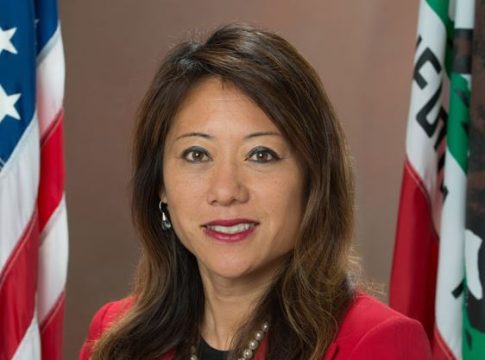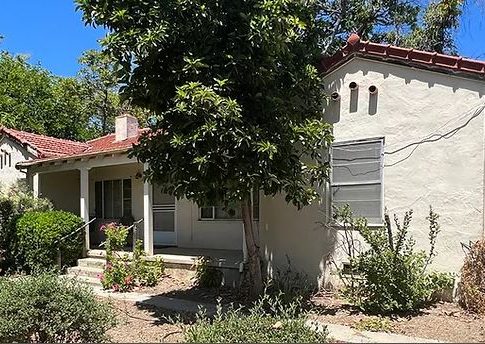Whoever wins the California primary will have a pretty good shot at becoming the Democratic nominee for President. AAPI voters makeup about 1 out of every 6 registered voters and could strong say who will win the state’s electoral jackpot.
Except for a notable antipathy towards Donald Trump — probably due to his anti-immigrant policies — a large number of AAPI voters have not committed to any particular candidate, according to a poll conducted for AAPI Data.
California’s primary will be earlier than in past years. It will be held on “Super Tuesday,” March 3 and its 495 delegates dwarf any of the earlier primaries amounting to about 11% of the Democrat’s total delegates.
(Early voting in California begins Feb. 3, the same day as the Iowa Caucus.)
LATEST STORIES
New data released by AAPI Data surveying AAPIs in the state show that with five months to go, Joe Biden, Bernie Sanders, and Kamala Harris are the communities’ favorites. Elizabeth Warren is lagging but could easily gain if she does well in Iowa, New Hampshire, Nevada or South Carolina. Andrew Yang rounds out the top five.
The survey was taken July 5 to Sept. 5, prior to the September debate in partnership with PRRI. As the following graphic shows for Harris, Warren and Yang, there’s a large number of voters who haven’t made up their minds yet or haven’t heard enough from the candidates.

In an analysis by AAPI Data, it was found that AAPI voters lean towards the Democrats with a decided anti-Trump factor.
“About 56% of AAPI adult citizens had unfavorable opinions toward the President, compared to 33% who held a favorable view,” reads the analysis. “Only one California AAPI group, Vietnamese Americans, who have long been the most Republican-leaning among AAPIs, were more likely to approve (46%) than disapprove (37%) of the President.
“Notably, 60 percent or more of Indian, Chinese, Hmong , and Japanese Americans disapproved of the President,” the report points out.
The AAPI Data analysis broke down the data further per ethnicity. Not surprisingly, Harris had a high favorability rating among Indian Americans. The data also showed that she did not share a favorable impression among other AAPI communities.

At the same time, there were some important differences. Asian Indians gave the highest net favorability for Harris (a fellow Indian American) and Biden, with lower favorability ratings for Sanders, Warren, and Yang. Harris did not enjoy similarly high favorability ratings among other Asian American or Pacific Islander groups.
Unlike Harris favored by Indian Americans, Yang was unable to gain similar support among Chinese Americans, which favored Biden.
Sanders enjoyed support in the Filipino, Vietnamese and Hmong American communities.
While it may appear that there is a strong anti-Trump vote and pro-Democrat vote among AAPI voters, the large number of uncommitted voters indicates that more outreach to Asian Americans and Pacific Islanders by the various campaigns and by both major parties is needed.
The full analysis can be read here.
AsAmNews has Asian America in its heart. We’re an all-volunteer effort of dedicated staff and interns. Check out our Twitter feed and Facebook page for more content. Please consider interning, joining our staff or submitting a story.










